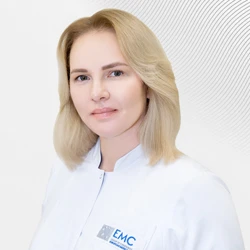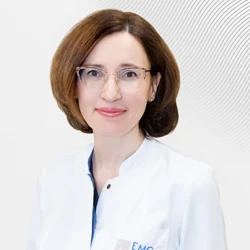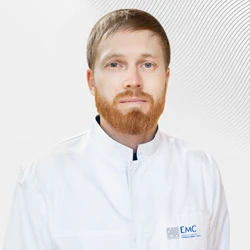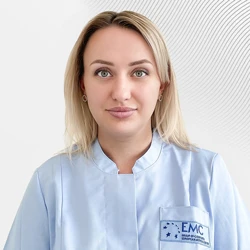Edematous scrotum syndrome in boys
One of these reasons is diseases of the scrotum organs in boys. These diseases are grouped into one group, which is called "edematous scrotum syndrome" (SOM).
This syndrome is characterized by symptoms common to all diseases of the group:
swelling of the scrotum, sometimes very pronounced;
hyperemia (redness) of the skin of the scrotum;
severe pain in this area.
In addition to these symptoms, SOM may cause fever, nausea, and vomiting.
Swelling and hyperemia of the scrotum without pain are sometimes signs of an allergic reaction, but only a surgeon or a very experienced pediatrician can distinguish an allergy from a cat. Parents should never rely on their own impressions or information from the Internet!
Among the most typical diseases that cause this triad of symptoms are testicular torsion, testicular hydatid torsion, and orchitis (or orchoepididymitis).
The most dangerous condition is testicular torsion. This disease occurs in 1 out of 500 patients with SOM. It most often occurs in boys and adolescents aged 11-15 years, but it can happen at an early age, and in a newborn (in about 10% of cases). In addition, there is intrauterine testicular torsion, leading to organ atrophy.
The disease occurs when, due to a number of anatomical and physiological features or under the influence of external factors, the testicle rotates around its own axis, which leads to a reversal of the blood vessels going to it. As a result, the blood supply to the testicle deteriorates significantly. This condition is accompanied by severe pain in the scrotum, vomiting, then edema and hyperemia appear. Delay is unacceptable here! Only urgent treatment by a surgeon and immediate vigorous treatment can save the testicle from necrosis (death). In the vast majority of cases, only an urgent operation allows the surgeon to eliminate the torsion and restore blood supply to the testicle. An extremely insidious symptom is a reduction in pain a few hours after their occurrence. This may mean death of the testicle, rather than improvement due to unqualified treatment.
A much more common cause of SOM is testicular hydatid torsion or its appendage. This disease is the cause of SOM in about 45% of patients and can occur at any age. The testicular hydatid is a small remnant of embryonic tissue that is connected to the testicle in the form of an "earring" on a thin pedicle. Hydatide torsion leads to the appearance of symptoms characteristic of SOM: pain in the scrotum, its swelling and hyperemia. Unlike testicular torsion, the pain syndrome is less pronounced, and the characteristic symptoms do not develop as rapidly. Treatment is only surgical: it is necessary to remove the twisted hydatid, otherwise the inflammation will spread to the testicle itself, which will subsequently affect the ability to procreate.
Orchitis (epididymitis)Inflammation of the testicle (or its appendage) can occur in children of any age. Very often it develops against the background of various viral diseases. A typical example of infectious orchitis is mumps. A chronic infection of the lower urinary tract can also lead to orchitis. In most cases, surgical treatment is not required. Antibacterial and symptomatic therapy can effectively cure a child.
Ultrasound of the scrotum helps in the diagnosis of SOM. When contacting the EMC Children's Clinic, an ultrasound scan is always performed for a child with CAT. Ultrasound may reveal testicular torsion or hydatides, signs of inflammation of the testicle and its appendage. But any of the existing high-tech methods does not replace, but only complements the examination by a surgeon, whose experience and qualifications play a crucial role. EMC pediatric surgeons make an informed decision on the need for surgery based on clinical data and ultrasound results.
In most cases, CATFISH treatment does not require prolonged hospitalization. In our clinic, children who have been operated on for uncomplicated forms of SOM are usually discharged home on the day of surgery or the next day. Of course, the treatment does not end there. All doctor's appointments must be strictly followed at home.
It is important to remember that the appearance of symptoms of acute scrotum syndrome requires prompt treatment by an experienced pediatric surgeon. The specialists of the EMC Pediatric Surgery Department are ready to consult the child and carry out the necessary treatment at any time of the day.
Why the EMC
The first and only clinic in Russia, created in the image of the world's leading clinics
EMC is a multidisciplinary center offering patients a high level of medical services and a personalized approach
Worldwide recognition and awards
 Learn more
Learn more
Worldwide recognition and awards
 Certificates and licenses
Certificates and licenses
Make an appointment for a consultation
Specify your contacts and we will contact you to clarify the details
Reviews
and new products of the EMC

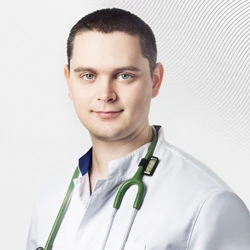

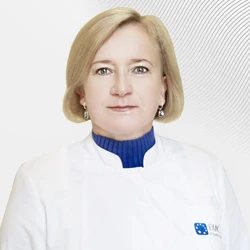
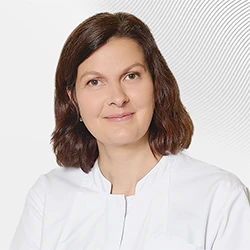

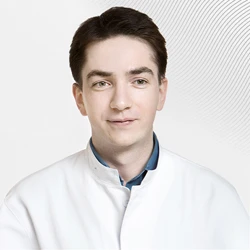
.webp)
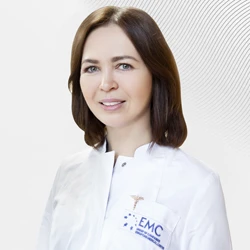


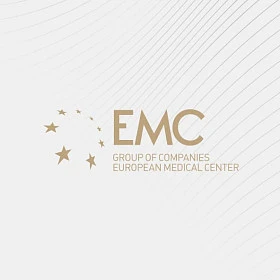
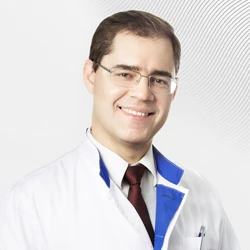
.webp)
